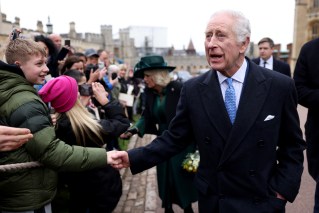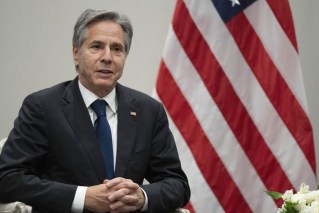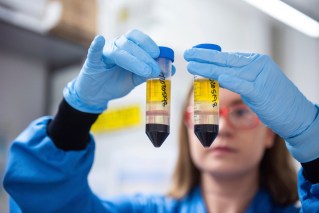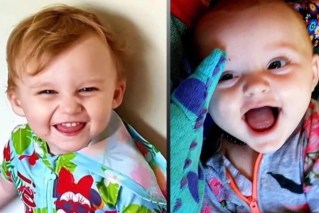Sorry, ladies – gender wage gap got worse during Covid, data shows
Australia will celebrate International Women’s Day on Monday as new data shows the gender wage gap has widened during the COVID-19 pandemic.
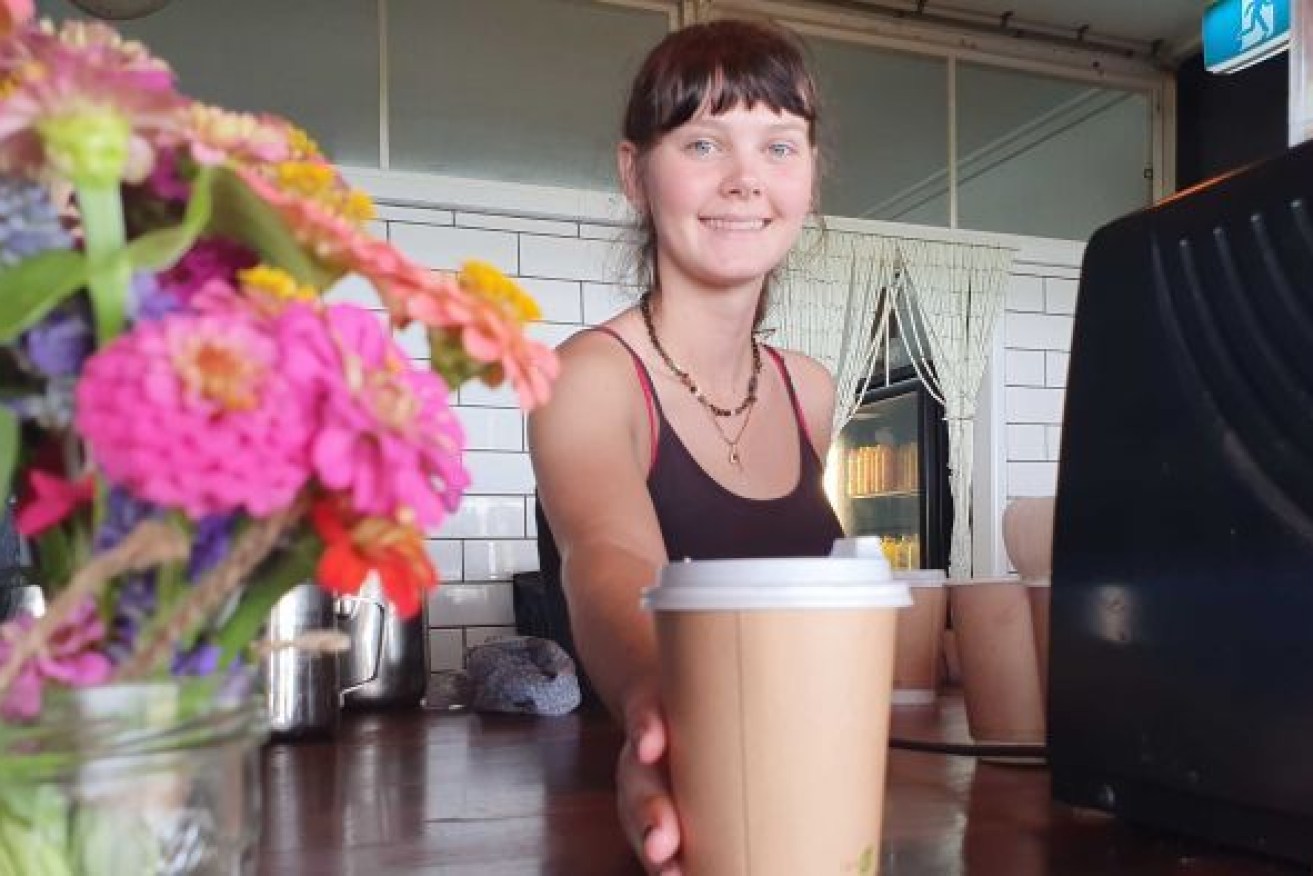
Employer groups are pushing for a minimum wage increase of no more than 2 per cent. Photo: ABC
Women suffered disproportionate job losses when the pandemic hit, and their jobs returned on a more casualised or part-time basis than men’s did during the recovery, research released on Monday shows.
The Centre for the Future Work, which did the research, is warning that the government’s approach to the economic recovery – with the expansion of casual work, public sector pay caps, and a costly childcare system – could worsen the pay gap even further.
“The gendered nature of the pandemic recession on Australia’s labour market has markedly worsened pay inequality,” Alison Pennington, senior economist at the Centre for Future Work, said in a statement.
“The gendered employment recovery is disproportionately leaving women with less hours, security and pay than men—a clear example of why a simple post-COVID “snap back” was never adequate for women.”
Women’s employment dropped by almost eight per cent between February and May 2020, over two percentage points worse than for men, the report states.
Women’s employment is lower now than in January 2020 by around 53,000 jobs. Male employment has risen in that period by 7,000 jobs.
Meanwhile, new data from LinkedIn shows many women believe their gender holds them back professionally.
Forty-five per cent of Australian women say they have missed out on a raise or promotion due to their gender, and 42 per cent feel they get fewer opportunities than men, the social media company’s 2021 Opportunity Index shows. The data is based on a survey of more than 1000 Australians.
Almost one in three feel they have been discriminated against in the workplace because of their family responsibilities.
At the same time, the data shows limited support for change: just 21 per cent of Australians agree that gender diversity is one of their employer’s top priorities.
Just under half (45 per cent) believe gender equality has come far enough already, 36 per cent say equality threatens the traditional family, and 30 per cent of Australians believe men make better political leaders than women do.
International Women’s Day is an annual celebration of the social, economic, cultural, and political achievements of women.

